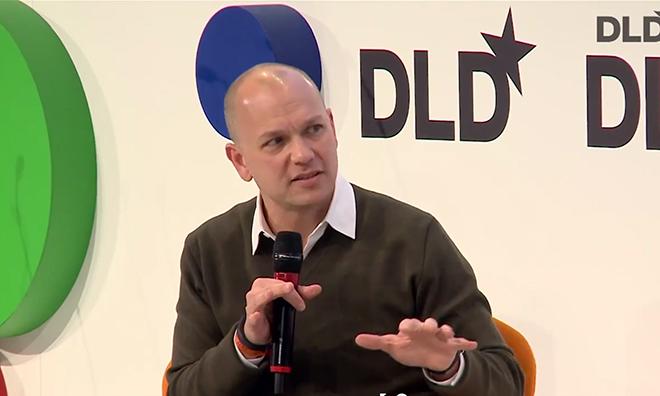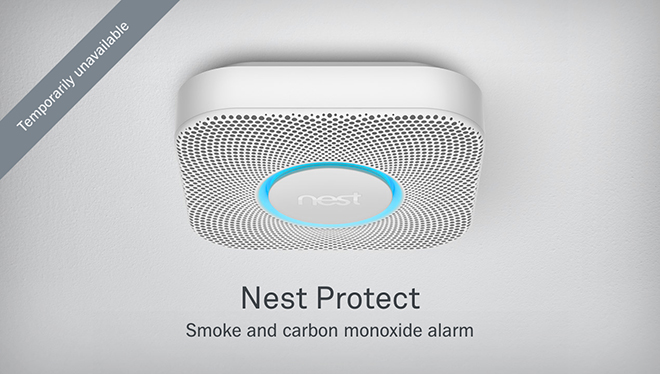Following a report that Google is eyeing ad placement on refrigerators, wearables and other connected devices, former Apple executive and Nest cofounder Tony Fadell said his company's thermostats will not be an outlet for such promotions.
Earlier on Wednesday, a U.S. Securities and Exchange Commission filing revealed Google could one day serve targeted ads on car dashboards, thermostats, glasses and watches, "just to name a few possibilities."
The statement ruffled some feathers, however, as it seemed to imply the Internet search giant is at least considering using its $3.2 billion purchase of Nest Labs to further its advertising business, something the company promised would not happen.
Google subsequently noted the filing was made prior to the purchase of Nest and did not necessarily reflect its future product plans. The company said it is in contact with the SEC to correct the filing's language.
On Nest's side, Fadell issued his own statement in what appear to be an attempt to temper rampant speculation, telling Re/code that ads will not be displayed on the firm's Nest Learning Thermostat.
"Nest is being run independently from the rest of Google, with a separate management team, brand and culture," Fadell said. "For example, Nest has a paid-for business model, while Google has generally had an ads-supported business model. We have nothing against ads — after all Nest does lots of advertising. We just don't think ads are right for the Nest user experience."
The emailed statement echoed sentiments discussed by Fadell in January covering data collection and privacy.
Revelations of Google's SEC filing come at an unfortunate time for Nest as the Consumer Product Safety Commission today announced the recall of some 440,000 Protect smoke and carbon monoxide detector units. Nest took the product off store shelves in April after it was discovered that the "Nest Wave" convenience function posed a potential safety risk.
With "wave," users can flail their hands in front of Protect to disable the built-in alarm, but a flaw in the device's software was causing the feature to be unintentionally activated.
Wednesday's decidedly negative press overshadowed Nest's announcement that it would be restarting sales of Protect "in a few weeks." As reported by The Wall Street Journal, the company will have the Nest Wave feature activated when the device returns to stores.
 Mikey Campbell
Mikey Campbell








-m.jpg)






 Charles Martin
Charles Martin
 Christine McKee
Christine McKee
 Wesley Hilliard
Wesley Hilliard
 Malcolm Owen
Malcolm Owen
 Andrew Orr
Andrew Orr
 William Gallagher
William Gallagher
 Sponsored Content
Sponsored Content








52 Comments
Too late you sold out and are Google's b!tch now!!
Maybe he didn't get the memo about the ads...
After seeing tha pic of the smoke alarm, this article seems a little silly. I mean, what kind of ads would be displayed on it or a thermostat?
I LOVE the idea of Android/Google appliances in my home! Google can monitor my refrigerator and send me messages about what I should buy at the store. Google Voice will listen to what I say to my wife, and match the perfect ads on my fridge to my topics of conversation. And Google will keep a handy record of exactly when I get home, and how much electricity I am using, and more. This will be in addition to all the great information Google already collects about what I search for, to whom I'm talking, and what messages I send or receive. Thanks, Google, for watching over me!
/s
Nest is owned by Google, so what Fadell says essentially means nothing. Google can change its corporate policy at any time (or EULA for Nest), and Fadell can do nothing to stop it, despite his good intentions. Nest is just another (future) revenue stream (via ads) for Google.